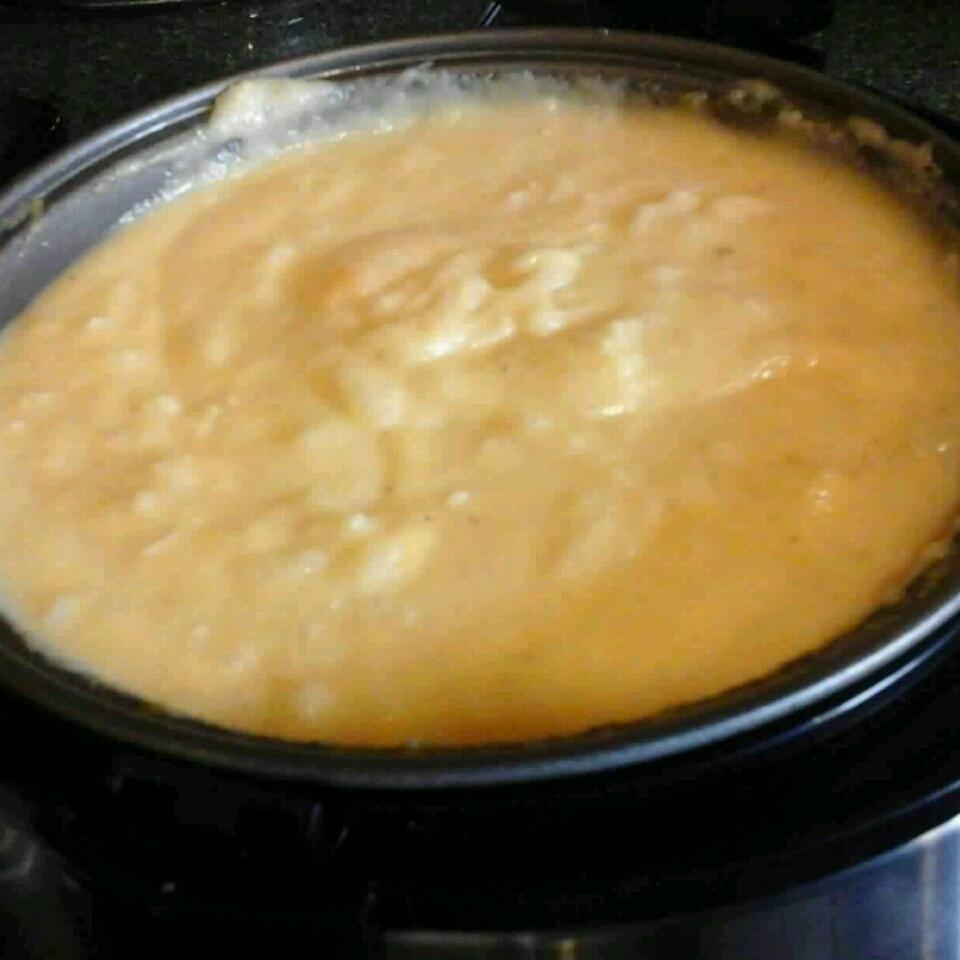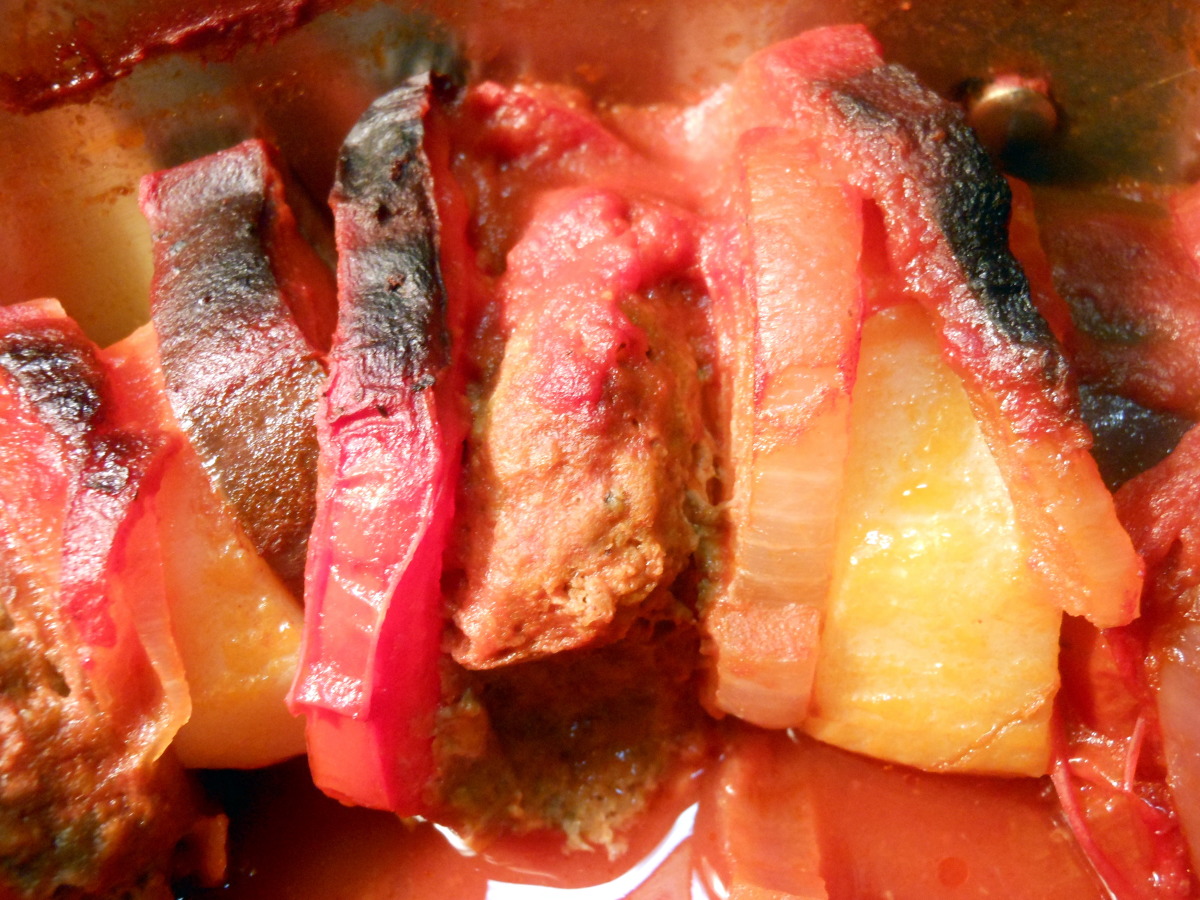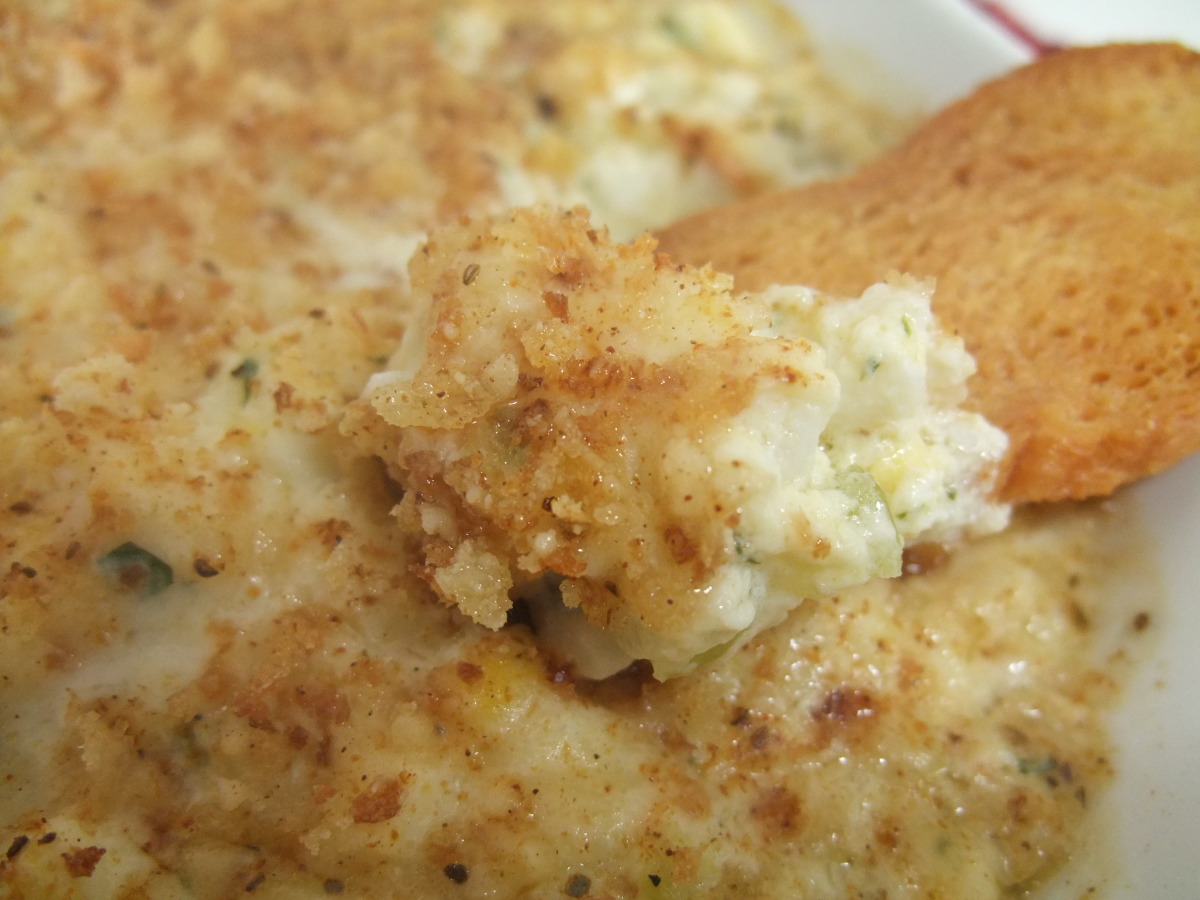Embark on a culinary journey to discover the captivating flavors of Hararat, a versatile Libyan spice blend that adds a burst of warmth and depth to any dish. This aromatic blend, also known as Baharat, is a staple in Libyan cuisine, gracing everything from hearty stews and grilled meats to aromatic rice dishes and savory pastries. With its unique combination of spices, including cumin, coriander, paprika, and fenugreek, Hararat delivers a symphony of flavors that tantalize the taste buds.
This article presents two distinct Hararat recipes, each offering its own interpretation of this classic spice blend. The first recipe showcases the traditional Libyan Hararat, a harmonious blend of cumin, coriander, paprika, fenugreek, nutmeg, cinnamon, cloves, cardamom, and black pepper. This versatile spice blend elevates the flavors of meat dishes, roasted vegetables, and even sweet baked goods.
The second recipe introduces a modern twist on the classic Hararat, adding a hint of heat with the inclusion of chili powder. This contemporary take on the spice blend is perfect for those who crave a bit of extra kick. It pairs wonderfully with grilled meats, spicy stews, and flavorful dips.
Explore the diverse applications of Hararat through the accompanying recipes. From the classic Libyan Hararat blend to its modern counterpart, these recipes provide a gateway to experiencing the vibrant flavors of Libyan cuisine.
HARARAT VERSION 1 - LIBYAN SPICE BLEND

This is a common seasoning in Libya. I was surprised that there isn't a recipe for it on zaar (though it could have another name...I'm certainly no expert). I found this recipe online (http://www.celtnet.org.uk/recipes/miscellaneous/fetch-recipe.php?rid=misc-hararat). I must admit that I have never made this before - and that this particular recipe is a bit annoying as you have to grind everything in a spice/coffee grinder or I suppose a mortar and pestle if you're ambitious. I am posting a different version that uses pre-ground spices. Feel free to multiply this recipe to make any amount you wish.
Provided by Georgiapea
Categories African
Time 10m
Yield 1/4 cup, 1 serving(s)
Number Of Ingredients 5
Steps:
- Heat a nonstick frying pan to medium heat (do NOT add oil) and add your spices.
- Stir constantly until the aroma intensifies. Depending on how hot your pan is this could take a few minutes - just don't let them burn.
- Add to spice grinder/coffee grinder and grind to a fine powder.
- Store in an airtight container.
BAHARAT

Lebanese seven spice blend, also known as baharat ("spices" in Arabic), is a classic Middle Eastern blend made with warm spices, including allspice, cumin, cloves and coriander. Different regions within Lebanon have their own recipes and ratios, with some using other spices such as white pepper, fenugreek and/or paprika. Seven spice is what lends distinctive flavor to regional dishes, notably kebabs, koftas and dolmas. You can also use it to flavor meat, vegetables and rice.
Provided by Food Network Kitchen
Time 5m
Yield About 1/2 cup
Number Of Ingredients 7
Steps:
- Place the allspice, coriander, cumin, cinnamon, cloves, black pepper and nutmeg in a small bowl and stir to combine using a small spoon. Transfer to a glass jar with a tight lid and store in a cool, dry place for up to 6 months.
KUSKSU (LIBYAN COUSCOUS WITH SPICY BEEF AND VEGETABLES)

Provided by Kimberly Killebrew, www.daringgourmet.com
Time 1h30m
Yield 4
Number Of Ingredients 26
Steps:
- Heat the oil in a Dutch oven over medium-high heat and fry the beef until nicely browned on all sides. Add the onion and cook until soft and translucent, 5-7 minutes. Add the garlic and cook another minute.
- Add the chili powder, hararat, tomatoes, tomato puree, beef stock, salt, and brown sugar. Bring the mixture to a boil, reduce to a simmer, cover and cook for 30 minutes.
- Add the vegetables and garbanzo beans, return to a boil, reduce, cover and simmer for another 40 minutes until until the vegetables and beef are tender and the sauce has thickened.
- To serve, add the couscous to a serving platter, arrange the meat and vegetables on top then ladle the tomato-based sauce over everything.
BAHARAT BLEND

In Arabic, the term "baharat" simply means "spices" and can refer to any number of different blends, each tailored to a specific dish or ingredients. This all-purpose blend, adapted from Freda Nokaly and Doaa Elkady of Spice Tree Organics, reflects the women's Egyptian ancestry, highlighting a combination of musky cumin and floral, citrusy coriander that's been sweetened with an aromatic mix of cinnamon, cardamom and clove, and spiked with black pepper and bay leaf. Unlike some other baharat blends, this version doesn't call for first toasting the spices, giving it a subtle but distinct brightness. Use it in meatballs and pilafs, in marinade and sauces for grilled meats and fish, and in rice dishes.
Provided by Melissa Clark
Categories condiments
Time 10m
Yield 1/3 cup
Number Of Ingredients 9
Steps:
- Place all the ingredients in a spice grinder, clean coffee grinder, or mortar and pestle, and grind until fine. If you like, you can strain the mix through a fine-mesh strainer to remove any coarse bits, but this is optional. Store in an airtight container in a cool, dark place for up to 1 year.
BAHARAT SPICE BLEND

Make and share this Baharat Spice Blend recipe from Food.com.
Provided by AaliyahsAaronsMum
Categories High Fiber
Time 5m
Yield 2 cups
Number Of Ingredients 8
Steps:
- Combine all the ingredients together till well mixed.
- Store in an airtight jar and keep away from direct sunlight.
Nutrition Facts : Calories 187.6, Fat 8.4, SaturatedFat 2.2, Sodium 46, Carbohydrate 35.2, Fiber 18.9, Sugar 3.3, Protein 6.7
Tips:
- To achieve the best flavor, use freshly ground spices whenever possible.
- If you don't have all of the spices listed, don't worry. Use what you have, and adjust the measurements to taste.
- Hararat can be used as a rub for meat, poultry, or fish before grilling, roasting, or baking.
- It can also be added to soups, stews, and sauces for a flavorful kick.
- Store hararat in an airtight container in a cool, dry place for up to six months.
Conclusion:
Hararat is a versatile Libyan spice blend that adds a unique and flavorful touch to a variety of dishes. Its smoky, earthy flavor is perfect for grilled meats, roasted vegetables, and hearty soups and stews. Whether you're using it as a rub, marinade, or seasoning, hararat is sure to add a delicious and exciting kick to your next meal.
Are you curently on diet or you just want to control your food's nutritions, ingredients? We will help you find recipes by cooking method, nutrition, ingredients...
Check it out »
You'll also love









